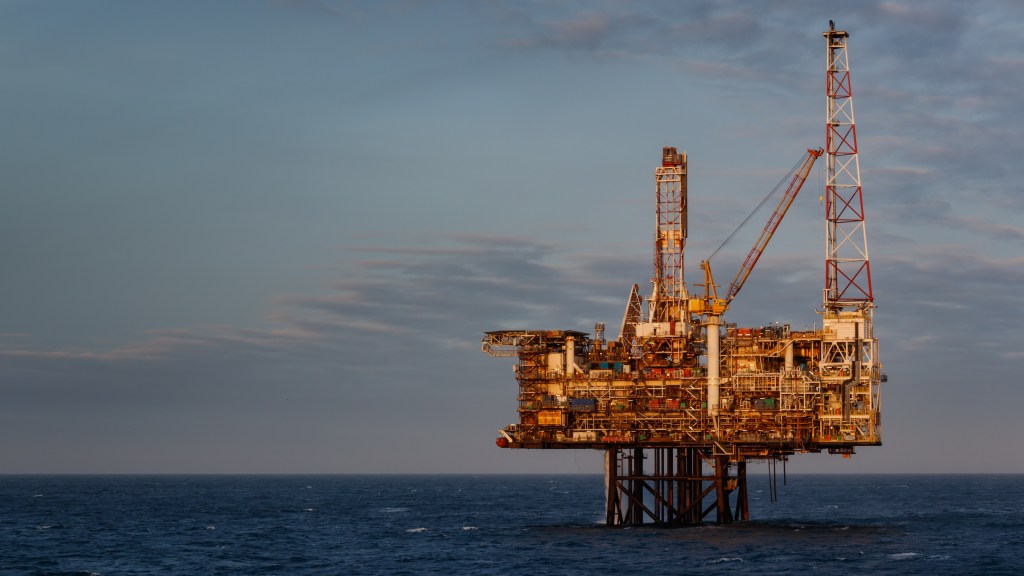Neo Energy Halts North Sea Investment Amid Labour’s Tax Proposals
A significant oil and gas initiative in the North Sea is facing uncertainty as Neo Energy, the principal developer, announced it would reduce investment due to anticipated increases in windfall taxes and stricter emissions regulations.
The £900 million Buchan project was projected to commence oil production in 2027, aiming for a peak output of approximately 35,000 barrels per day.
Neo Energy, which holds a 50% stake in the project, indicated that proposed government rules regarding environmental regulations for oil and gas extraction could delay the approval process by the Offshore Petroleum Regulator for Environment and Decommissioning, responsible for overseeing all offshore oil and gas activities in the North Sea.
This development follows a recent Supreme Court ruling that mandates planning decisions consider the climate effects associated not only with fossil fuel extraction but also with the emissions from their combustion. The government announced it would not contest the court’s ruling, and the review is expected to conclude in spring 2024.
The Labour Party’s initiative to raise the energy profits levy to 38% has driven the total tax rate for oil and gas companies to a staggering 78%, alongside reductions in investment allowances, contributing further to Neo Energy’s decision to cut back on project expenditures. This windfall tax was originally introduced by Boris Johnson in 2022 as a reaction to escalating energy costs.
According to Neo Energy, these regulatory changes have significantly heightened uncertainty within the UK’s oil and gas sector, rendering investment decisions “extremely challenging.” The company warned that such developments could adversely affect the economic viability of large projects like the Buchan Horst.
The Buchan initiative is regarded as one of the most substantial projects in the North Sea, with the remainder of the project owned by Serica and Jersey Oil & Gas. In June, Jersey Oil & Gas noted that the anticipated early general election had resulted in postponing their final investment decision for the project until later in 2024. Andrew Benitz, the company’s chief executive, emphasized that prioritizing domestic energy production over imports is essential for driving economic growth, creating jobs, and generating valuable tax revenue for the UK.
Neo Energy is currently requesting an extension for its operating license to proceed with technical evaluations related to this project.
This announcement caused a significant decline in the stock price of Jersey Oil & Gas, which dropped by nearly 20%, closing at 59p, down by 14.5p, or 19.7%.




Post Comment